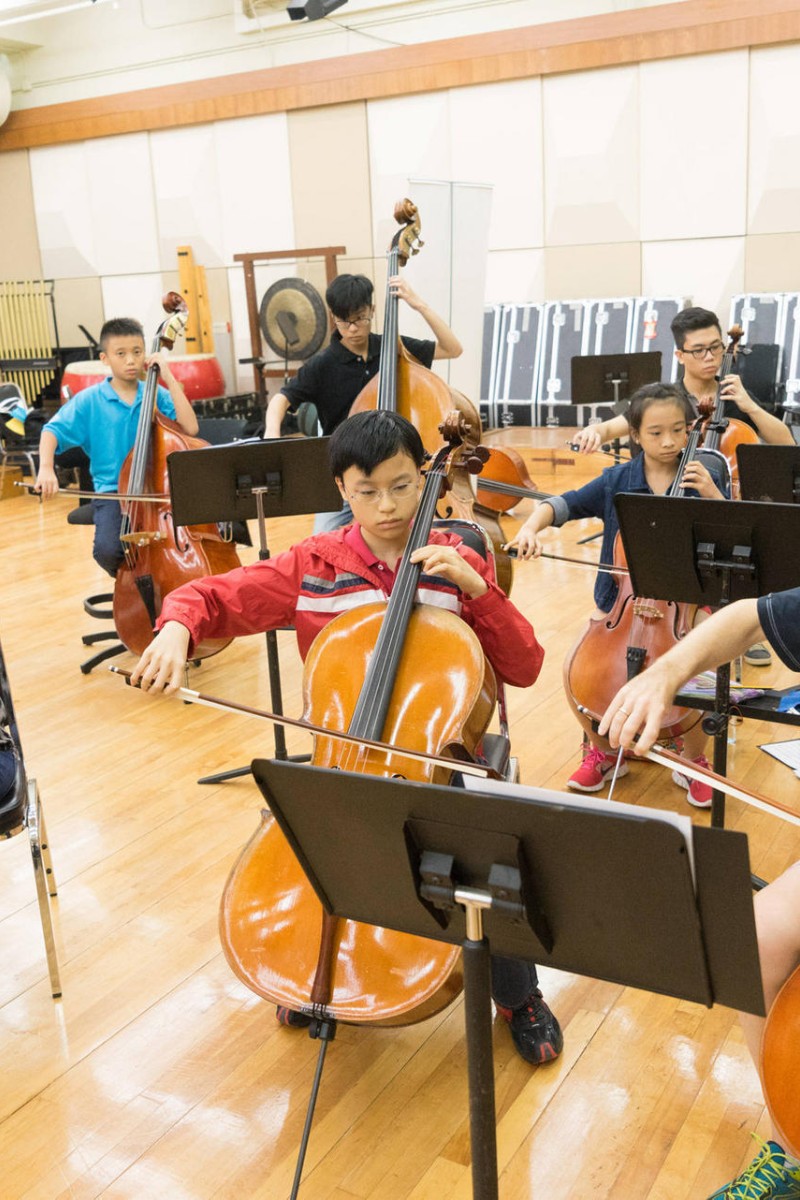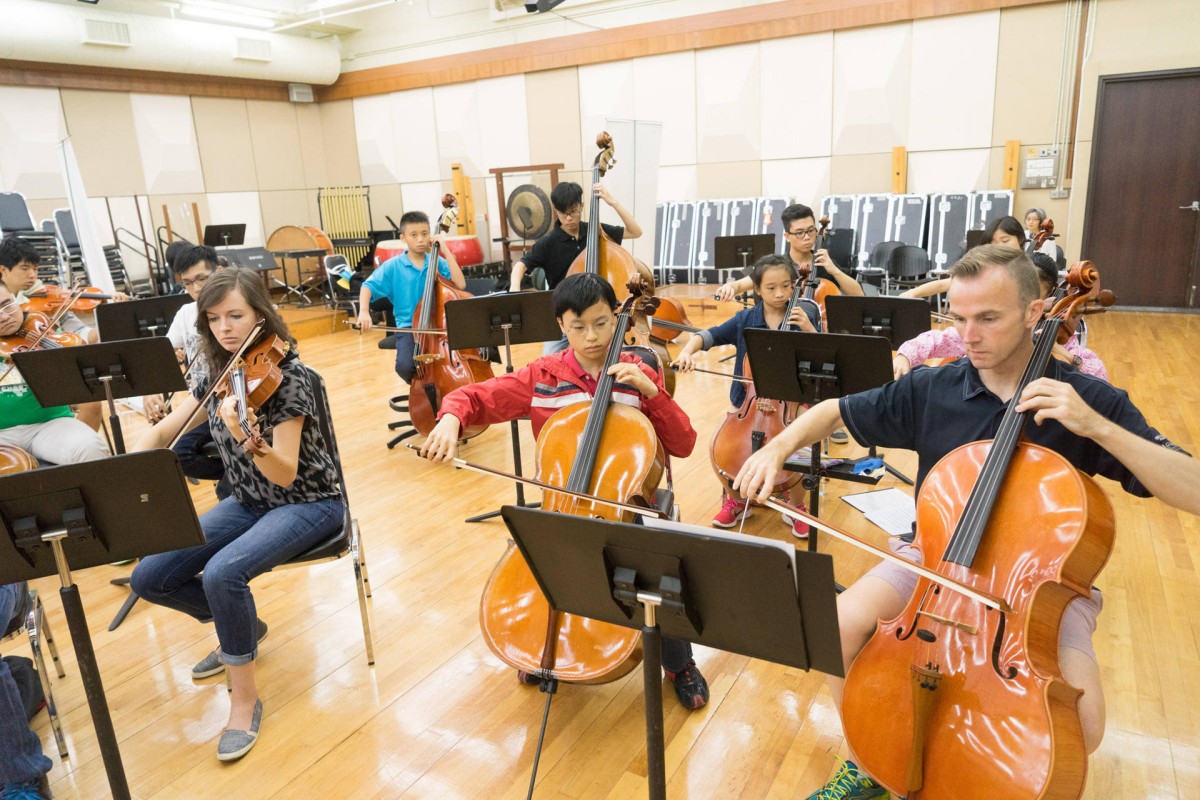
People don't think to play Tchaikovsky on a Chinese zither, but a local foundation is doing just that

Music professor Chan Wing-wah picks up one of his most prized possessions to show Young Post: a guqin, or zither, a seven-string plucked instrument. Guqins date back to ancient times; Confucius played it himself, and referred to it in many of his texts.
Chan plucks a couple notes, and the sound resonates across the room. It's instantly calming, and brings to mind the solemn courts of Chinese emperors. "Great for music therapy," says Chan.
Where East meets West
Chan is a council member at the Haw Par Music Foundation, an organisation that inspires Hong Kong youngsters with a fusion of Western and Chinese music.
Because Western classical music used to be played in courts and churches, it is very proper and neat. On the other hand, Chinese music is largely folk music that's more casual and stresses free spiritedness.
Western instruments have a purer sound, and those with low pitches are a lot more developed. Many Chinese orchestras use Western basses because no Chinese instrument can produce the same sound. On the other hand, no Western wind instrument can beat the Chinese pipes when it comes to grabbing attention with their penetrating sounds. Western orchestras also lack plucking instruments such as the pipa.
Drawing on the strengths of instruments from both cultures can open up a range of musical possibilities. The result, says Chan, is something along the lines of heavy metal. "Imagine the shrieking Chinese reed pipes and trumpets blasting together. It was a chaos of sound waves," he says.
Practice makes perfect
Fusion music will have to wait a while, though. Haw Par is currently recruiting strong classical performers for its second Summer String Orchestra Camp, where 40 string players aged 12-18 will do five days of intense training.
The camp will culminate in a special concert, where the students will perform songs by Russian composers of the late 19th and early 20th century Romantic period.
You can hear the Russian winter
Chan says it's easy to appreciate Russian music because it is so expressive - there's no point being subtle when you live in such a harsh, cold country and make a living from hard labour. The booming "Heave-ho!" in Song of the Volga Boatmen sung by barge-haulers is a case in point. Another example: "Tchaikovsky's brass arrangements blast out at you. But at the same time his violin melodies are so sad, they make you want to cry," says Chan.
Geography directly influences the music, so it's important to visualise the right images to play the music in the composer's original spirit. "When you play sad Russian music, you shouldn't be thinking of the Tsim Sha Tsui waterfront. You should picture brutally cold, snow-covered scenes of Russian winters," says Chan.
It's also important to keep in mind the sounds of the artist's native language when playing music, because the composers are influenced by the language they speak, even if they are writing an instrumental piece.
Otherwise, it would be like singing a Cantonese opera in English - it just won't sound right.
Haw Par Music Foundation is accepting applications for the Summer String Orchestra Camp. Deadline is May 18. Visit www.hawparmusic.org for details.